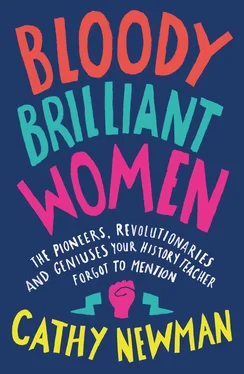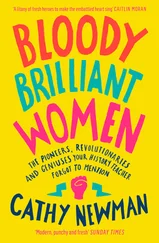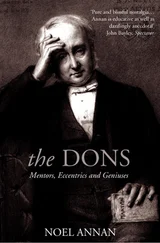While I was growing up my parents’ relationship with their parents was always slightly tense and strained. As a result, Frances and Dodo (as we called Dorothy) became de facto grandparents to my sister Sarah and me; we regularly stayed at their house in Hythe where they would feed us hunks of bread they baked, topped with a thick layer of home-made cherry jam. But their gentle kindness and generosity never blinded us to the fact that they were fiercely clever, independent-minded women who had known hardship as well as opportunity.
Frances had read chemistry at Lady Margaret Hall, Oxford (and lived just long enough to see me win a place at the same college). Dorothy, meanwhile, had read Classics at Newnham College, Cambridge in the 1920s and remembered with fury how until 1948 – 1948! – women were not allowed to be full members of the university. Like many clever women of the period they never married or had children, blaming a lack of suitable men left alive after the First World War. It feels intrusive to speculate whether this was the whole story. Intrusive, but necessary, as the social historian Virginia Nicholson makes clear in Singled Out , her brilliant book about Frances and Dodo’s generation of what used to be called ‘spinsters’. They were known collectively as the Surplus Women after the 1921 Census revealed that there were 1.7 million more women than men in the population.
Remembering women like Frances and Dodo she encountered in her childhood, Nicholson recalls the questions that went unanswered because they were too rude to ask:
Why didn’t they ever marry? Did they mind? Did they harbour secret sadness? What did they do about the lack of love in their lives, and the lack of sex? Did they care that they had never had children? Did their spectacles and tweed jackets protect them from terrible vulnerabilities?15
As it happens, I don’t think Frances and Dodo were sad or loveless or vulnerable. The point for me is that they existed in an atmosphere of quirky female self-sufficiency and, while obviously bluestockings, were practical as well as cerebral. When Godolphin and Latymer was evacuated from Hammersmith to Newbury during the war – it shared a building with Newbury Grammar School – Dorothy as Senior Mistress helped to ensure its smooth operation and, with Frances’ help, ran one of the hostels for evacuated pupils.
I often wonder what Frances and Dodo would make of the way the modern world treats women. I think they would be horrified by the volume of abuse women are expected to soak up on Twitter – actually, they would be horrified by Twitter, full stop – but thrilled by such developments as the celebrity of historian Dame Mary Beard, Jane Austen’s appearance on a bank note and Laura Bates’ Everyday Sexism campaign.
I hope they would be proud of my journalism, especially my work on Channel 4 News – and of this book, which I humbly offer up to them in tribute.
*I am also discounting a glancing reference to Clement Attlee’s self-effacing wife Violet.
Конец ознакомительного фрагмента.
Текст предоставлен ООО «ЛитРес».
Прочитайте эту книгу целиком, купив полную легальную версию на ЛитРес.
Безопасно оплатить книгу можно банковской картой Visa, MasterCard, Maestro, со счета мобильного телефона, с платежного терминала, в салоне МТС или Связной, через PayPal, WebMoney, Яндекс.Деньги, QIWI Кошелек, бонусными картами или другим удобным Вам способом.












